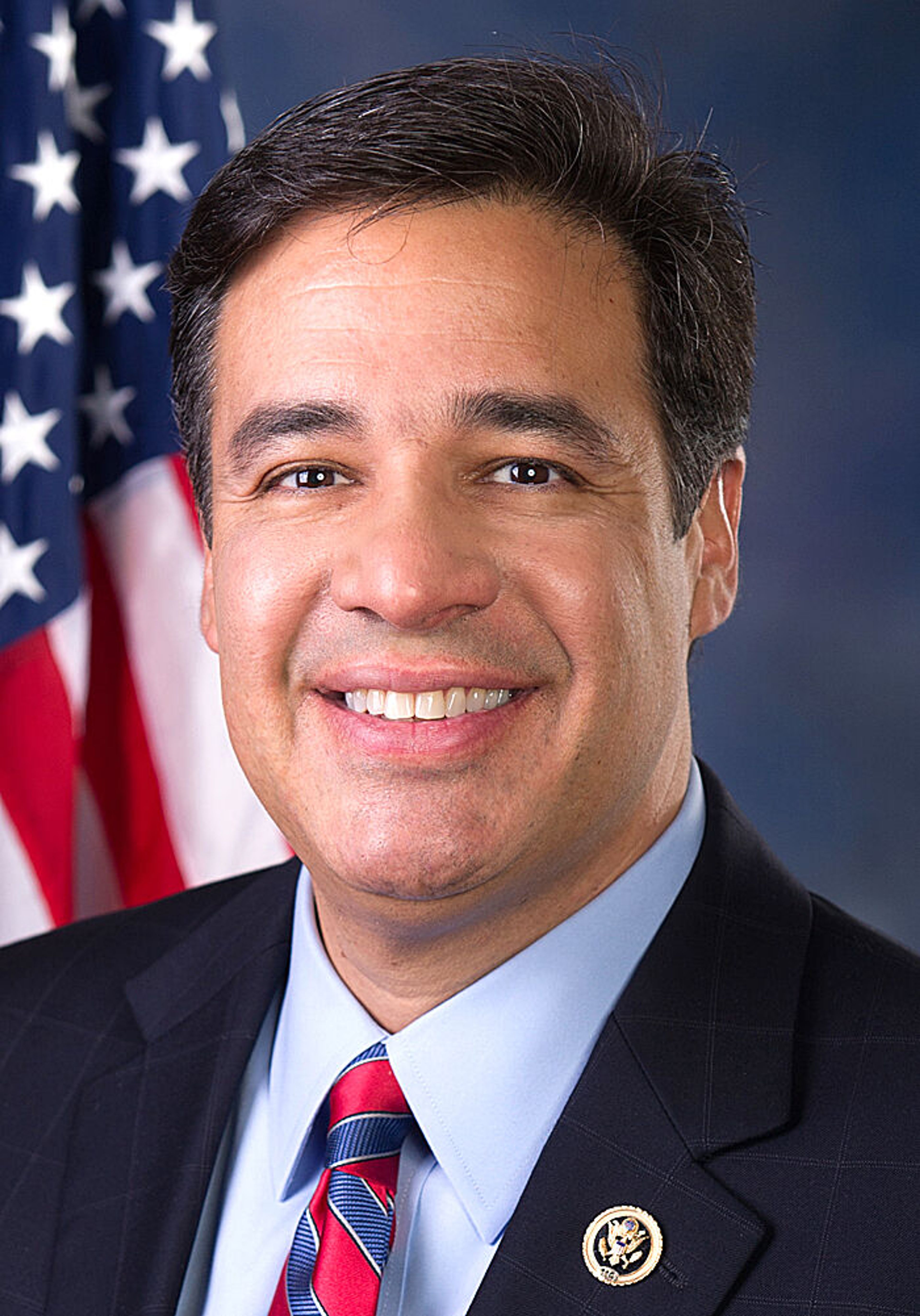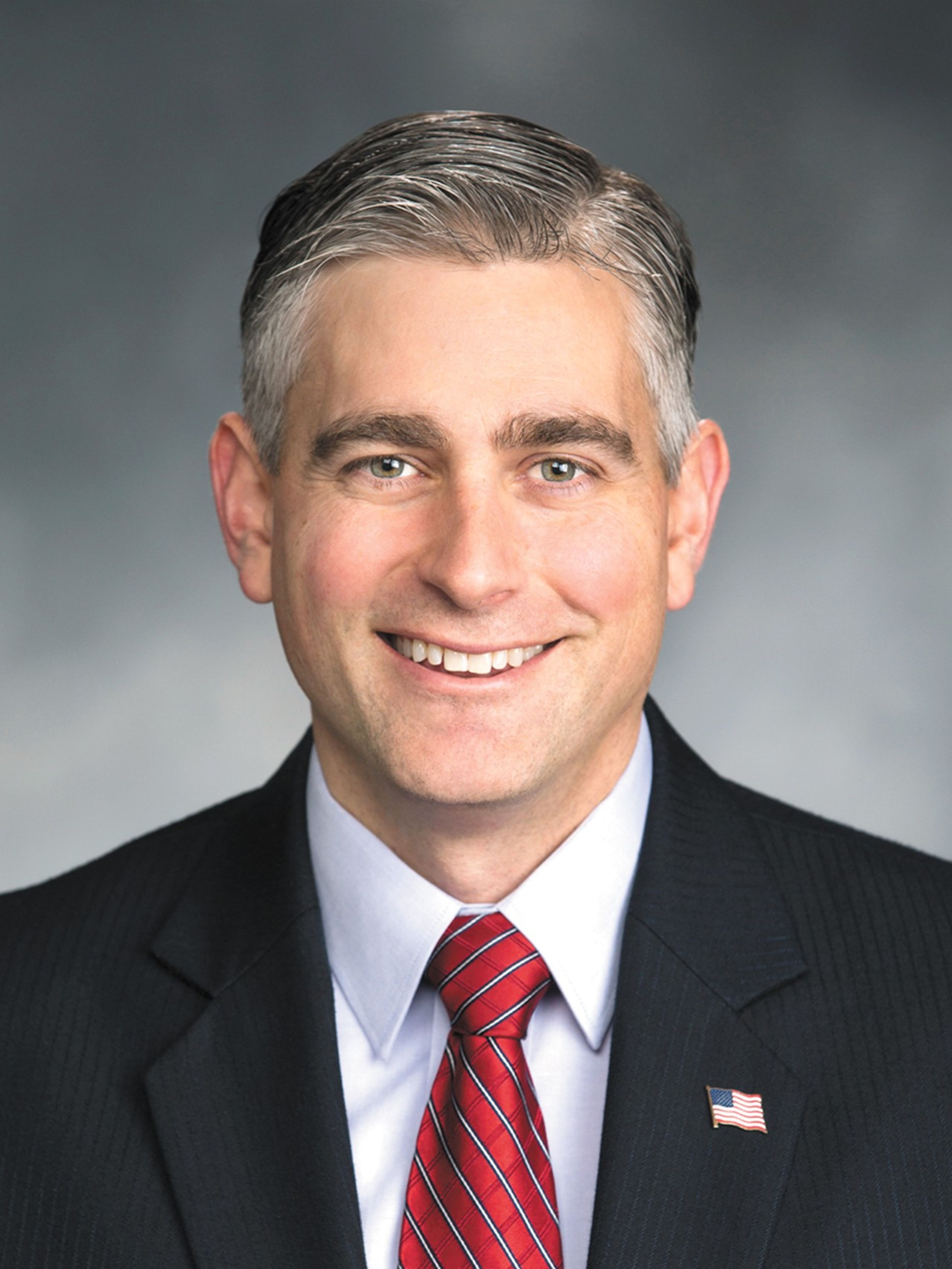Open Primaries group files suit
Idahoans for Open Primaries upbraid Labrador, McGrane, for using titles they say are false, obscure
Supporters of the Open Primaries Initiative filed a lawsuit Monday asking the Idaho Supreme Court to repeal and replace the ballot titles assigned to the initiative by Attorney General Raúl Labrador and Secretary of State Phil McGrane.
The coalition Idahoans for Open Primaries announced July 3 it would file the lawsuit, contending the assigned titles were false and misleading.
The initiative proposed by the group would create a nonpartisan primary election and allow ranked-choice voting. The attorney general and secretary of state are required to provide ballot titles that summarize the issue on the ballot.
Labrador’s office wrote as the short title that the proposed measure is “to (1) replace voter selection of party nominees with nonparty blanket primary; (2) require ranked-choice voting for general voting for general election.”
In the lawsuit, the group argues the titles are misleading and violate the state law.
The group argues the titles are misleading in various ways, such as by using the term “require” ranked-choice voting, when the language in the initiative proposal said it would allow the election method but voters wouldn’t be required to use it. It also objects to the term “nonparty blanket primary.”
The lawsuit contends the term “blanket” is “obscure” and “not a commonly known term and is not the term by which the public refers to open nonpartisan primaries.”
“Considering the severity of the flaws contained in the short title prepared by the Attorney General, Petitioners find it insufficient merely to replace particular words. Instead, the concerns outlined in this Petition warrant a replacement of the entire short title,” the petition states.
The lawsuit also asked for a replacement of the long title.
When previously asked for comment on the coalition’s intention to sue, the office’s Communication Director Beth Cahill wrote in an emailed statement, “AG Labrador has furnished a ballot measure title with a true and impartial statement of the purpose of the measure and without prejudice or partisanship, consistent with his requirements under Idaho law. If it is required, we will be happy to defend the AG’s fulfillment of his statutory duties in litigation.”
Labrador’s office had also provided a legal review of the proposal in which he said it was likely unconstitutional because it doesn’t follow the requirement that initiatives address a single subject. He has said his office intends to pursue litigation if the initiative receives enough signatures to get on the ballot. Supporters argue its single subject is elections.
The lawsuit also points to a May 2 tweet from Labrador in which he said of the proposed initiative, “Funny that those pushing ranked choice voting consider themselves the ‘Empire.’ But then again, I always thought of myself as a member of the Rebel Alliance. Let’s defeat these bad ideas coming from liberal outside groups.”
Idahoans for Open Primaries, who are represented by attorneys Deborah Ferguson and Craig Durham of Ferguson Durham PLLC, also request more time for collecting signatures because of court proceedings. The group would need nearly 63,000 signatures from registered voters in at least 18 of 35 districts to make it onto the November 2024 ballot.
“Even if the defective ballot titles are cured by the Court, the time lost in the signature collection period may doom the initiative effort which requires the collection of approximately 100,000 signatures of registered voters, or 63,000 verified signatures. And no signatures can be collected until the ballot titles have been certified by the Court,” the petition states.
Idahoans for Open Primaries have said the closed primary elections block independent voters from participating. It also would put in place ranked-choice voting, also known as instant runoff.
The Open Primaries Initiative would create a “top four” primary election. All candidates participate in the same primary election and the top four candidates advance to the general election. Voters then choose the winner in a general election with instant runoff voting, which gives voters the freedom to pick their top candidate and then to rank additional candidates in order of preference.
After the first choices of all ballots are counted, the candidate with the fewest votes would be eliminated. Votes for the eliminated candidate would be counted toward the voters’ next choice. This process repeats until two candidates remain and the one with the most votes would win.
Guido covers Idaho politics for the Lewiston Tribune, Moscow-Pullman Daily News and Idaho Press of Nampa. She may be contacted at lguido@idahopress.com and can be found on Twitter @EyeOnBoiseGuido.







